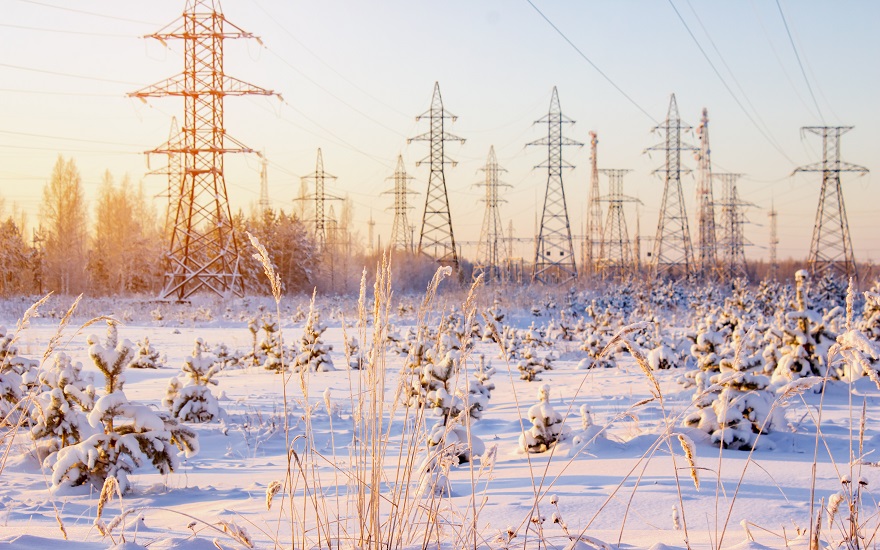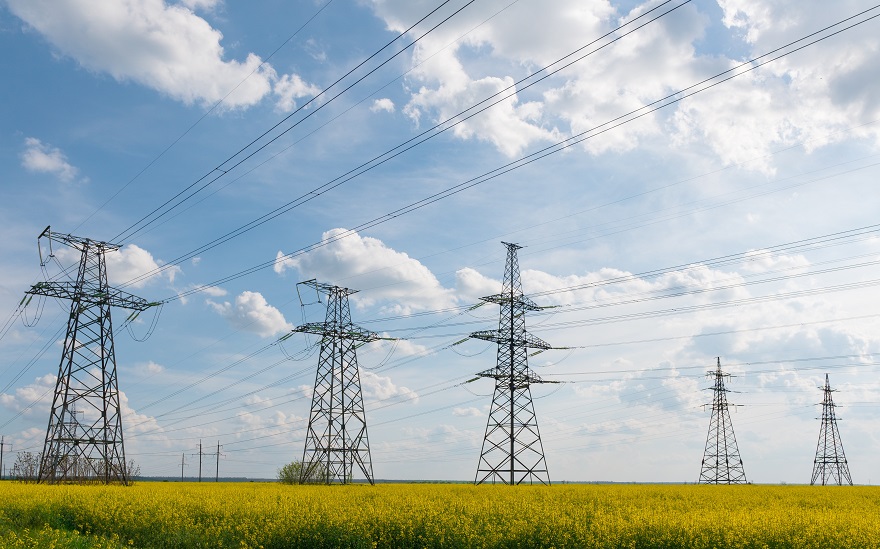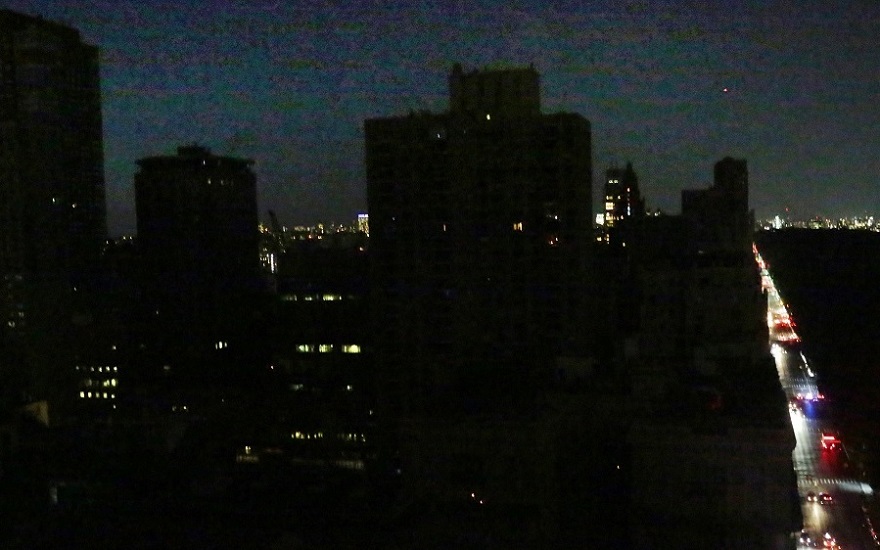Households could face rolling three-hour power cuts this winter under the worst-case scenario outlined in National Grid ESO’s Winter Outlook 2022-23.
The electricity system operator’s latest forecast covers a hugely uncertain period for power supplies caused by the fallout from Russia’s invasion of Ukraine and fears of gas shortages across Europe.
Under National Grid ESO’s “Base Case” scenario, it believes there will be 3.7 GW more electricity generated than demand, although it does expect tight margins from early December through to mid-January. This margin of approximately 6.3% is similar to recent winters.
However, it has also modelled two alternate sets of circumstances linked to a shortage of gas in Europe.
Worst-Case Scenarios
While Britain is far less reliant on Russian gas than mainland Europe, it could suffer the knock-on effects of any shortfalls on the continent. And gas-fired power stations generate up to 40% of the nation’s electricity.
The first scenario sees Britain unable to import electricity from France, Belgium, or the Netherlands for the whole of winter, although it will still secure energy from Norway.
In this scenario, National Grid ESO would deploy mitigation measures including 2 GW of additional power from five coal-fired plants (enough to supply 600,000 homes).
It will also introduce a new Demand Flexibility Service (more details below) where electricity users will be incentivised to reduce peak-time consumption. It is projected the scheme could reduce demand by up to a further 2 GW.
The system operator believes these mechanisms will be enough to avoid any supply interruptions.
But it also simulated an even more extreme scenario where the energy crisis in Europe escalates and a shortage of gas would knock around 10 GW of gas-fired power generation out of action.
Under this worst-case set of circumstances, electricity distributors would be forced to deploy temporary rota load shedding, in other words, rolling power cuts where consumers and households will be without electricity for up to three hours a day.
Such a move – last seen in Britain during the Three Day Week of 1974 – would need final sign-off from both the Government and the King.
“Under our base case, as set out in the winter outlook, we are cautiously confident that there will be adequate margins through the winter period.
“As an expert and responsible operator of Great Britain’s electricity system it is incumbent on us to also factor in external factors and risks beyond our control like the unprecedented turmoil and volatility in energy markets in Europe and beyond.”
– Fintan Slye, Executive Director of National Grid ESO
Explaining The Demand Flexibility Service
The initiative will launch on 1 November and follows on from a scheme trialled by customers of Octopus Energy earlier this year.
It encourages both commercial and domestic electricity users to consume power outside of peak-demand periods.
Households with smart meters can receive estimated payments of £10 a day if they put the dishwasher or washing machine on overnight or charge their electric vehicles at off-peak times.
While companies will be paid for reducing demand by shifting when they use energy or switching to battery power during peak times.
“Of course, blackouts are unlikely but we could eliminate them altogether. Instead of cutting off whole chunks of the country if we are short of gas, we can reward people who choose to use less energy at times of peak demand.
“After all, some people have critical needs – for example when using electrical medical equipment, whilst others are happy to watch Netflix on a laptop for a while.”
In a separate move, the UK government has opened a new licensing round for oil and gas exploration in the North Sea.
Despite criticism from climate scientists, Ministers have pressed ahead with the decision, claiming the fossil fuels will replace imported fuel and have a lower carbon footprint in production and transportation.
Nearly 900 locations are being offered, with as many as 100 licenses expected to be given the go-ahead.
Responding to Winter Outlook 2022-23, a Government spokesperson said: “The UK has a secure and diverse energy system.
“We are confident in our plans to protect households and businesses in the full range of scenarios this winter, in light of Russia’s illegal war in Ukraine.
“To strengthen this position further, we have put plans in place to secure supply and National Grid, working alongside energy suppliers and Ofgem, will launch a voluntary service to reward users who reduce demand at peak times.”




